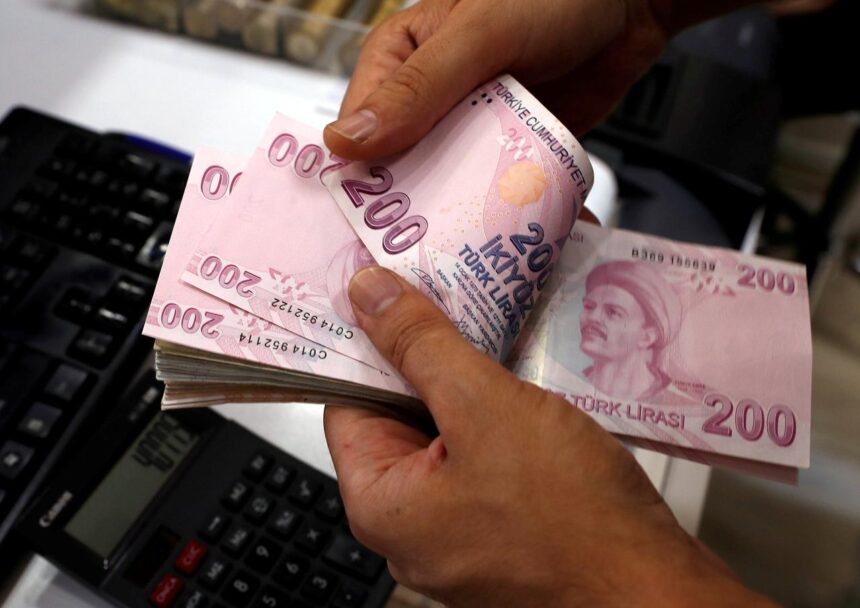BY BLOOMBERG
The TRY’s slump this month threatens to derail a rally in Turkish corporate bonds that’s handed investors some of the richest returns in emerging markets.
The debt, offering returns of 4.4% in 2021, was the second-worst performer in developing nations after President Recep Tayyip Erdogan sacked three central bankers last week. As TRY tumbled, the average yield on Turkish company bonds surged to 4.87%, close to a six-month high.
Before then, Turkish corporate borrowing costs had largely resisted the impact of China’s Evergrande Group crisis and rising concern about tapering by the U.S. Federal Reserve, which curbed appetite more broadly for riskier emerging-market assets.
The USD 40bn Turkish corporate market has rewarded risk-takers this year amid optimism over booming exports, returning tourists and the reopening of European markets. Emerging-market credit, meanwhile, lost 2.5% in total returns in the period.
Now, bondholders say the lira’s depreciation is too extreme to leave corporate debt untouched.
“The larger the magnitude and the faster it occurs, the more it can hurt the corporates,” said Omotunde Lawal, head of emerging-market corporate debt at Barings, referring to the Turkish lira’s fall. While some companies have hedged their currency risks, none foresaw the lira at 9 per USD, she added. “It will take a while for the corporates to be able to increase prices to recoup the impact of the depreciation.”
Cuts Coming?
The central bank is expected to cut rates on Thursday after the firing of deputy governors Semih Tumen and Ugur Namik Kucuk, along with Monetary Policy Committee member Abdullah Yavas, who were seen as opponents of looser policy. The ouster followed a meeting between the Turkish president and central bank chief Sahap Kavcioglu on Wednesday evening.
The TRY plunged to record lows, extending this year’s depreciation to almost 20%, the worst among EM currencies. Erdogan — whose ruling AK Party has for decades based its electoral success on rapid levels of economic growth — argues that higher interest rates actually push up prices rather than the orthodox view that they contain them.
Borrowers and international lenders have sought to adapt to Turkish market shocks in the past.
Lenders like Akbank TAS and Ziraat Bankasi AS, who tap the market at least twice every year for refinancing, sweetened pricing on their foreign borrowings in March as the lira tumbled after the shock dismissal of the previous central bank chief.
Akbank and Turkiye Ihracat Kredi Bankasi AS (Turk Eximbank) are currently in the market to refinance, and at least three more issuers are expected to replace their previous borrowings. Akbank declined to comment and Turk Eximbank did not return a telephone call and an email seeking comment.
“An extreme depreciation would hurt confidence and Turkey could face an FX liquidity crunch,” said Okan Akin, a credit analyst at AllianceBernstein in London. “This is a very important risk when Fed tapering is a real possibility. A large devaluation would weaken banks’ capital ratios and spur a selloff in bank bonds.”
Mobile operator Turkcell Iletisim Hizmetleri AS’s USD 500m of debt maturing in April 2028 jumped five basis points to 4.84% on Thursday, the highest level in five months. Similarly, USD 700m bonds of glass maker Turkiye Sise ve Cam Fabrikalari and USD 650m bonds of biscuits, chocolate and sweets manufacturer Ulker Biskuvi Sanayi AS maturing October 2025 jumped to their highest in almost six months.










